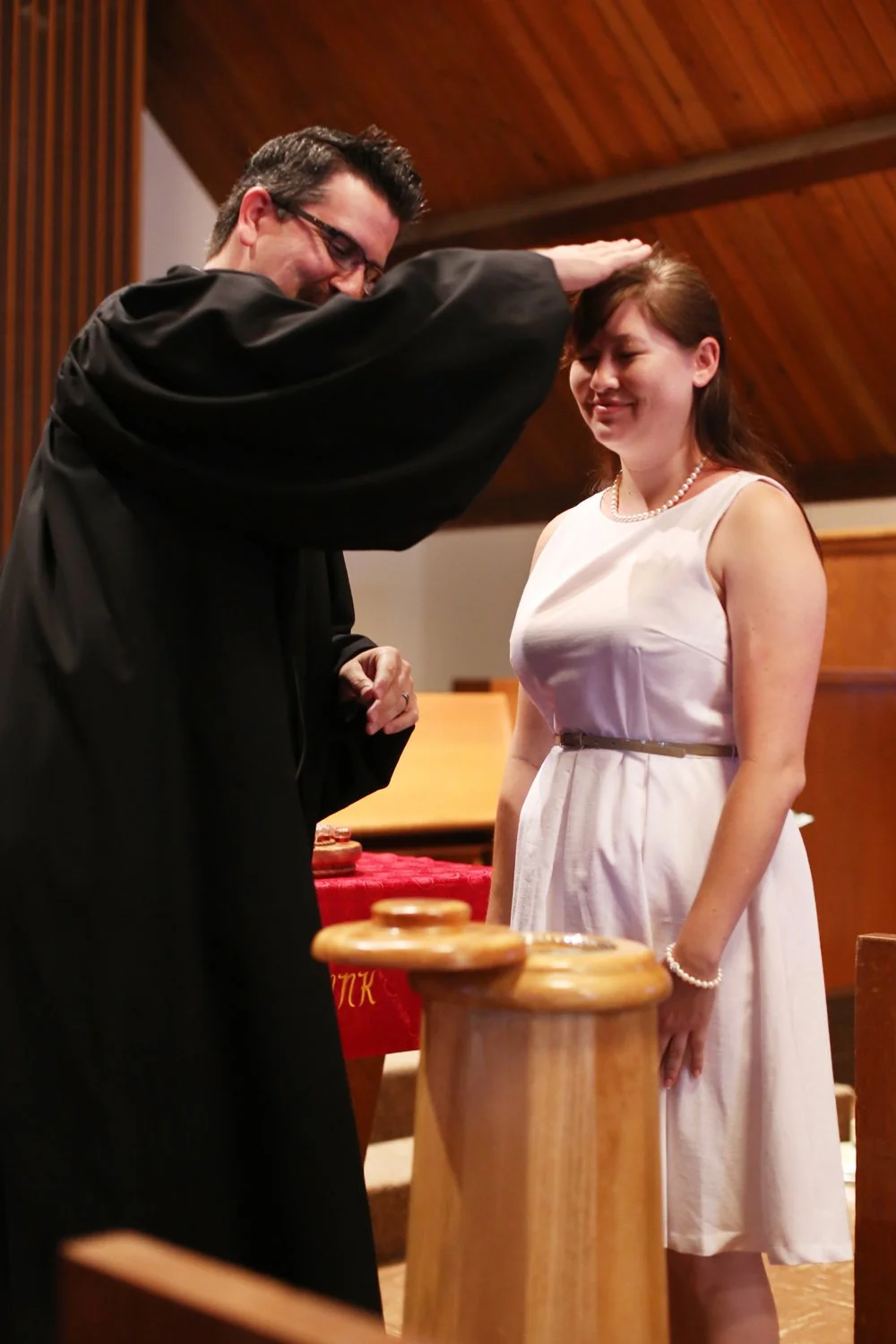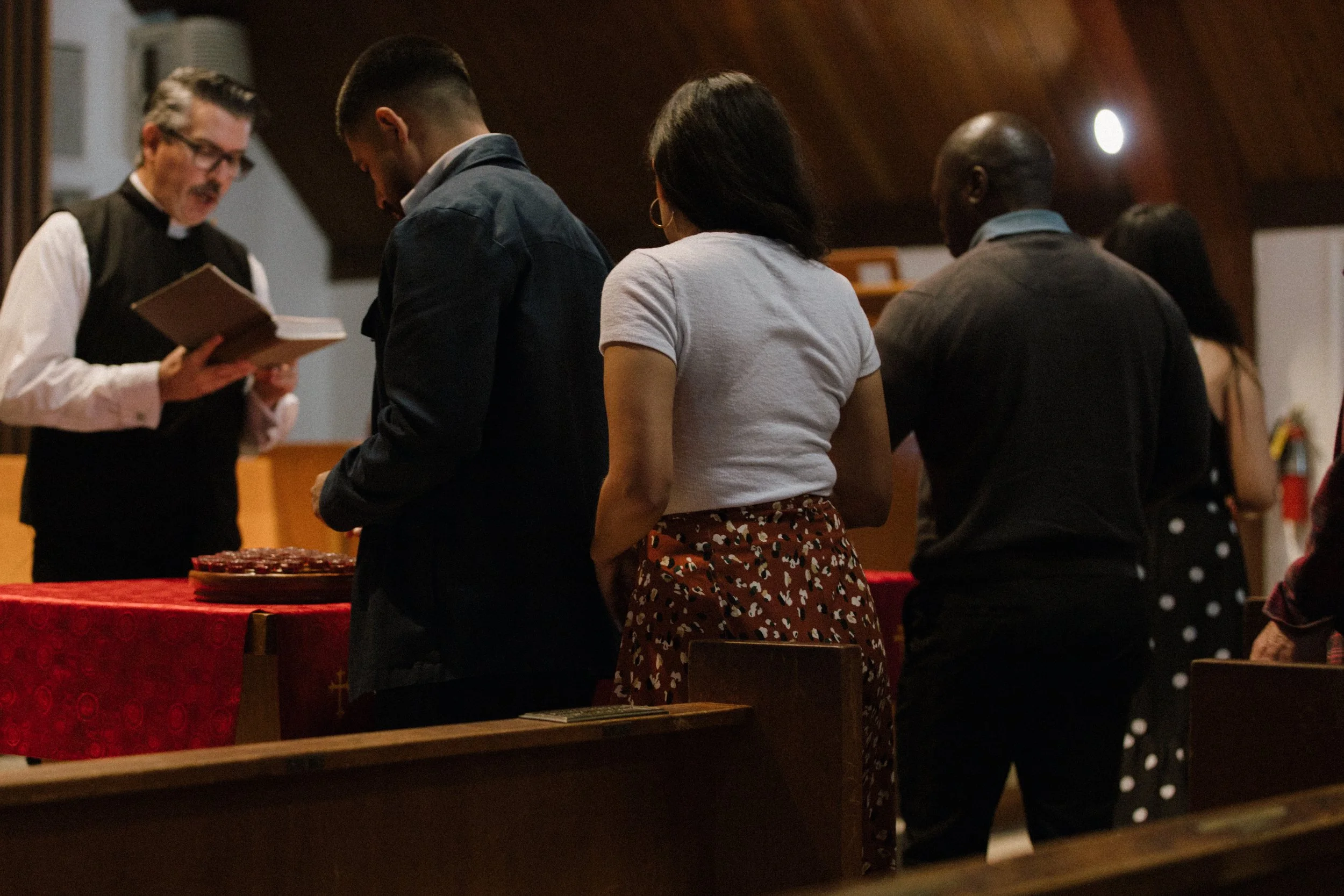Knowing the Sacraments
Sunday Seminary—15
Know What You Believe. Believe What You Know.
Have you ever noticed this pattern in Scripture: God makes a promise, then he provides a visible, tangible sign alongside it? For example, in the Garden, death was threatened but life promised; the sign was the Tree of Life. To Noah, God promised never to flood the earth like he just did; then he gave the sign of the rainbow. To Abraham, God promised a people and place; then he gave circumcision as a sign. This pattern continues throughout Scripture: God pairs promises with pictures—what Christians have historically call “sacraments.”
Returning to our Sunday Seminary, we learn that along with his promises, God has given two sacraments as tangible expressions of his grace to nourish and strengthen our faith.
What is a Sacrament?
Article 33 of our Confession defines a sacrament as a “visible sign and seal of an invisible reality.” Sacraments make the promise tangible. For example:
Baptism: The water is visible. The invisible reality is the washing away of sins and the renewal by the Holy Spirit.
Communion: Bread and wine are visible. The invisible reality is the forgiveness of sins and spiritual nourishment by Christ’s body and blood.
Sacraments are God’s visible expression of his invisible promise. And Christ has ordained only two: baptism and the Lord’s Supper.
Why Do We Need Sacraments?
God gives sacraments not because his promises are unclear, but because we are weak and sinful. Psalm 103 reminds us: “For he knows our frame; he remembers that we are dust.” Even Christ’s disciples prayed, “I believe; help my unbelief!” (Mark 9:24). Sacraments are God’s way of helping our weak hearts grasp his promises.
Our Heidelberg Catechism asks, “Who should come to the Lord’s table?” It answers: those aware of their sin, trusting Christ’s pardon, and desiring strengthened faith (Q&A 81). Are you aware of your weakness? Do you trust Christ to cover both guilt and ongoing sin? Do you desire to live a life that pleases Christ? Then receive the sacrament—it’s a tangible reminder of God’s grace to you.
What Do the Sacraments Do?
Sacraments serve multiple purposes:
Seal God’s promises: They assure us of what he has promised.
Authenticate God’s promises: They confirm that God’s Word is true and reliable.
Nourish faith: They strengthen and sustain our spiritual life.
Think of the Word and sacraments as a book with an appendix: preaching teaches God’s grace, and the sacraments say, “I wrote this for you!” God designed our brains to integrate multiple senses, which is why seeing and touching these tangible signs reinforces the promise he has spoken.
How Do the Sacraments Work?
The word “sacrament” comes from Latin sacramentum—the oath a Roman soldier swore to his commander. Yet here’s the beautiful truth: baptism and communion are God’s oath to us! The Confession emphasizes that “God works through the sacraments by the power of the Holy Spirit.” Though performed by a human, the effect is God’s work. Without Christ, water, bread, and wine are just elements; with him, they are the visible means through which he delivers invisible promises.
Embrace the sacraments
Throughout history, God has paired promises with tangible signs. From the Garden to Noah, from Abraham to us, God gives signs along with his promises. In the church, he has given two sacraments—baptism and the Lord’s Supper—as visible, tangible expressions of his grace. We need them because of our weakness. Through these sacraments, God works to nourish and strengthen our faith.
Approach baptism and communion with humility and trust, recognizing them as God’s gracious means to remind you of his promises and strengthen your faith. Let the water, bread, and wine speak to your soul: God is faithful. Christ has saved you. The Spirit renews you.



